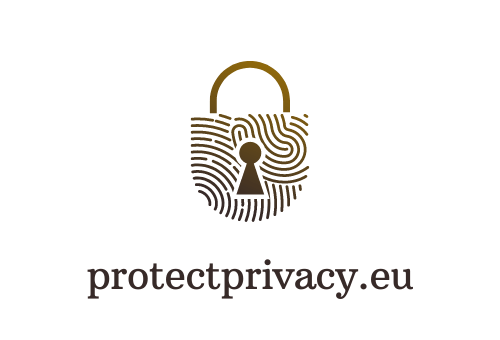California Takes Steps to Protect Consumer Privacy Online

With Congress unable to protect consumer privacy online, California has taken matters into its own hands. The Senate Judiciary Committee in Sacramento is set to consider a new bill that promises to put more power into the hands of consumers.
Many people are familiar with the boxes that pop up when they visit a website for the first time. These boxes prompt users to accept cookies that track and sell their data. California has passed privacy laws that require these boxes, along with other protections such as a data broker registry in the state.
However, experts argue that California’s laws in this space are barely enforced, and individuals must take the responsibility of protecting their data from an estimated 2,000–4,000 data brokers worldwide. The Electronic Frontier Foundation (EFF), a San Francisco-based nonprofit dedicated to civil liberties in the digital age, supports the Delete Act, or SB 362, by state Sen. Josh Becker, which proposes that individuals have the ability to delete their personal information and put an end to data brokers analyzing and selling this information.
“In a privacy advocate’s ideal world, California would fight a lot harder on consumers’ behalf, but that’s not the law that California has on the books, and it’s clearly a law that California has shown it’s not willing to pass. So, you know, we work with what we have,” says Hayley Tsukayama, a senior legislative activist with EFF.
There is likely to be opposition from tech companies, who claim that targeted advertising benefits consumers, but this data can also be used by other companies such as insurance, employers, and law enforcement, posing potential consequences to individuals’ rights. Nonetheless, Becker believes public awareness is higher today, making him more confident about the bill’s success.
The proposed Delete Act or SB 362 is not on the California Chamber of Commerce’s “job killer” list this year, but the group typically opposes anything that tightens consumer privacy online. The Chamber recently asked a Sacramento Superior Court judge to force the state to hold off enforcing the California Consumer Privacy Act (CPRA) until at least July 1, “until businesses receive the implementation time that the voters approved, 12 months after regulations are adopted.”
California’s privacy laws are among the most comprehensive in the United States. Nonetheless, as technology continues to evolve, policymakers must take measures to ensure that individual’s privacy rights are protected. The proposed Delete Act is a step in the right direction.
Source: Rachael Myrow, kqed.org







